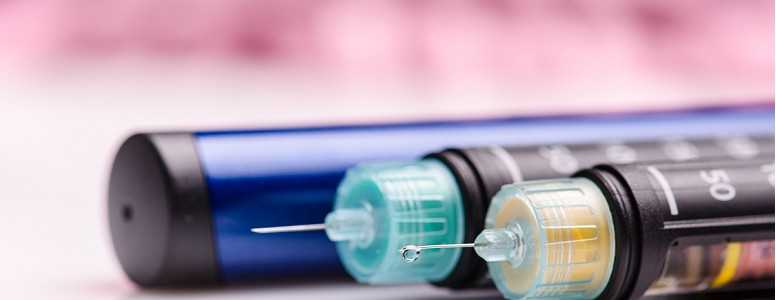A Sydney doctor has lost an appeal against his conviction for the murder of his second wife with a lethal dose of fast-acting insulin.
Brian Kenneth Crickitt, 65, was jailed for a minimum of 20 years in May 2017 after being found guilty of killing his wife, Christine Crickitt. The murder took place shortly before or after New Year in 2010, at the couple’s home in Woodbine, South-West Sydney.
It was originally found by the trial judge that Crickitt spent the night with his new lover, Linda Livermore, after allegedly administering the injection. The judge also found that Crickitt’s increasing dislike of his wife and new attraction to Ms Livermore provided a motive for the murder.
Crickitt was supported by his third wife, Julie Crickitt, throughout his trial.
Crickitt was found to have performed two internet searches on insulin overdose in the days prior to the murder. The trial judge also found that he had improperly used a prescription he had written for a patient with diabetes to obtain fast-acting insulin from a pharmacy.
The autopsy could not conclude the cause of death, however the judge ruled out suicide and accidental death, ultimately finding the overdose of insulin to be responsible.
Crickitt’s appeal argued that medical experts could not determine his wife’s cause of death and that the verdict was unreasonable and unsupported by evidence.
The appeal court was required to decide if the Crown had proven in the trial, beyond reasonable doubt, that Crickitt was responsible for the death of his wife and so, if the trial judge had made the correct ruling.
The court ultimately rejected all grounds of the appeal, concluding that “in this case, it was well open to the trial judge to infer from the facts that he found that the applicant deliberately and intentionally caused the death of the deceased by administering insulin to her.”
A number of healthcare professionals have been convicted of causing death deliberately with insulin. Thankfully, this form of murder is limited to very rare cases.
What's new on the forum? ⭐️
Get our free newsletters
Stay up to date with the latest news, research and breakthroughs.



